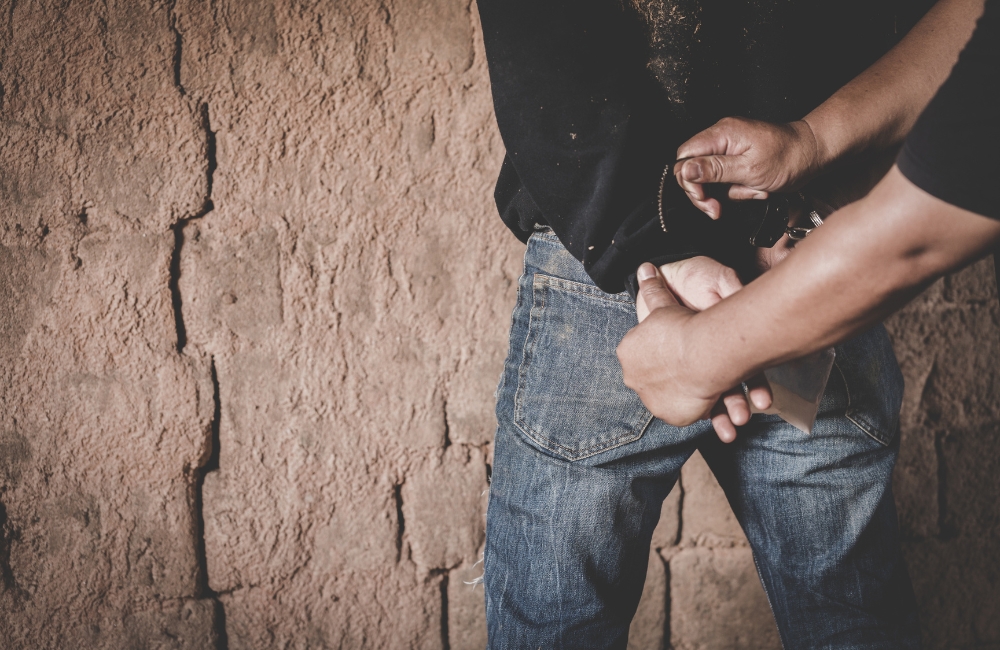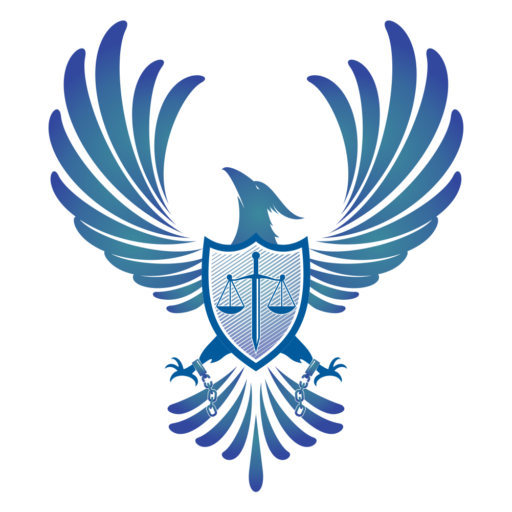Michigan Drug Possession & Trafficking Attorney
If you’ve been accused of drug trafficking, you could be facing jail time, heavy fines, probation, and a permanent criminal record. While the prosecution must prove your guilt, it’s essential to safeguard your legal rights.
Your first step should be hiring a skilled drug trafficking defense attorney to protect your future.
Are you ready to OVERCOME?

Drug trafficking is a serious offense with severe consequences, including lengthy prison sentences, hefty fines, and a lasting impact on your personal and professional life. Even a single accusation can tarnish your reputation, strain relationships, and jeopardize your future. The complexities of drug trafficking laws make it crucial to fully understand the charges and potential outcomes you may face.
Seeking legal representation as early as possible is essential to protecting your rights. A strong defense can help reduce penalties, negotiate better terms, or even dismiss charges altogether. Don’t let the weight of a drug trafficking charge define your future—take immediate action to safeguard your freedom and secure a positive outcome.
What are the common types of drug crimes in Michigan?
In Michigan, drug crimes are taken very seriously, and they can be categorized into various types depending on the substance, quantity, and nature of the offense. Here are common types of drug crimes in Michigan:
- Possession of Controlled Substances
- This includes possessing illegal drugs like marijuana, cocaine, heroin, methamphetamines, ecstasy, and other narcotics without legal authorization.
- Possession with Intent to Distribute or Sell
- When a person is found with large quantities of drugs, the charges may escalate to possession with the intent to distribute or sell, especially if there are additional factors like packaging materials or large amounts of cash.
- Drug Trafficking/Smuggling
- This involves the illegal transportation, importation, or smuggling of controlled substances across state or international borders.
- Drug Manufacturing
- The production or cultivation of illegal drugs, including growing marijuana, operating a methamphetamine lab, or manufacturing other controlled substances.
- Prescription Drug Fraud
- Crimes involving the illegal acquisition, sale, or distribution of prescription drugs like opioids, OxyContin, Vicodin, and others, often through fraudulent prescriptions or doctor shopping.
- Drug Paraphernalia Offenses
- Possession, sale, or distribution of items used to consume, produce, or distribute drugs, such as pipes, syringes, scales, and other tools.
- Maintaining a Drug House
- Operating or maintaining a place where illegal drug activities such as use, sale, or manufacturing occur.
- Marijuana Offenses
- Although marijuana laws have been relaxed, offenses related to exceeding possession limits, illegal sales, or violations of medical marijuana laws can still result in charges.
- Federal Drug Crimes
- Large-scale drug operations or crimes that cross state lines can lead to federal drug charges, which typically carry harsher penalties.
- Money Laundering
- When drug-related money is funneled through legitimate businesses to hide its illegal origins, money laundering charges may be added to drug-related offenses.
These crimes are subject to varying penalties depending on the type of substance, the amount involved, and prior criminal history. Michigan law also differentiates between misdemeanor and felony drug offenses based on the severity of the crime.
What are the potential consequences of a drug crime conviction?
Being convicted of a drug crime can have significant consequences that affect many areas of your life, including:
- Legal Penalties: Depending on the seriousness of the crime, you may face fines, probation, or long-term imprisonment. For example, a state jail felony could lead to up to two years in a state jail facility.
- Professional Licenses: A conviction may put professional licenses at risk, threatening careers in fields like healthcare, law, and education.
- Personal Impact: Criminal convictions can damage personal relationships and harm your reputation in the community.
- Sex Offender Registration: Some drug offenses, especially those tied to aggravated sexual assault or misconduct, may require mandatory sex offender registration.
Should I Get a Lawyer If I’m Being Questioned About a Drug Crime?
If the police are questioning you regarding a drug crime, it’s crucial to have legal representation. Even if you haven’t been charged, answering questions without an attorney could lead to self-incrimination or increased legal exposure.
Police may try to gather evidence through questioning, and without a lawyer, you risk unknowingly jeopardizing your case. By invoking your right to remain silent and hiring a skilled defense attorney, you can protect your rights and avoid potentially serious consequences.
Can the Police Legally Search My Car, Home, or Person?
Police can conduct searches under certain conditions, but specific legal requirements must be met for these searches to be lawful. In most cases, officers need to have a valid search warrant or probable cause to search your car, home, or person. However, there are exceptions, such as if you give consent, if illegal substances are in plain view, or if a search is conducted during or after an arrest.
If a search is conducted without proper legal grounds, any evidence obtained may be challenged and potentially excluded from use in court. It’s important to remember that you have the right to refuse consent to a search and to ask for clarification if officers claim they have a warrant or probable cause. Always exercise your rights and consult legal help if you’re unsure about the legality of a search.
Will a Drug Conviction Affect My Driver’s License?
Yes, a drug conviction in Michigan can affect your driver’s license, even if the offense didn’t involve driving. If you are convicted of possession or possession with intent to manufacture, sell, or distribute drugs, your license will be suspended. For a first offense, your license will be suspended for six months, with no eligibility for a restricted license during the first 30 days. A second drug conviction within seven years leads to a one-year suspension, and you won’t be able to apply for a restricted license until 60 days have passed.
There are some instances where you might avoid license suspension, especially if it’s your first offense. For example, under Michigan’s “section 7411,” first-time offenders may have their case deferred, which could allow you to avoid suspension if you successfully complete probation. However, this depends on the specifics of your case and is ultimately up to the judge. In more severe cases, like those involving drug manufacturing or intent to deliver, license suspension is mandatory.
Can the Police Take My Possessions If They Believe They Were Bought with Drug Money?
Yes, police can seize your possessions if they believe they were purchased with proceeds from illegal drug activity. This process is known as asset forfeiture, and state or federal authorities can confiscate property even if you haven’t been arrested for a drug crime. They may take items such as your car, home, bank accounts, or other valuable assets if they suspect these were obtained through the sale, manufacture, or distribution of drugs.
Police may also sell the confiscated items, often keeping a portion of the profits for their departments. While this was originally intended to target large-scale drug dealers, it can sometimes be misused, leading to the seizure of property from individuals not involved in serious drug crimes. If your property has been taken, or you’re threatened with asset forfeiture, it’s crucial to seek legal assistance to protect your rights and reclaim your possessions.
- Possession of controlled substances like narcotics, cocaine, crack, heroin, methamphetamines, prescription drugs, ecstasy, PCP, GHB, oxycontin, and LSD
- Possession with intent to distribute or sell any controlled substances
- Drug paraphernalia possession or distribution
- Prescription fraud
- Medical marijuana-related offenses, including possession, distribution, or cultivation
- Drug importation, smuggling, and trafficking
- Federal drug offenses
- Manufacturing with intent to sell
- Maintaining a drug house
- Money laundering
- Conspiracy charges
- Cultivation and growth of marijuana or other drugs
- Operating a meth lab
CONTACT A DRUG TRAFFICKING LAWYER
Our People
One equal temper of heroic hearts

Dustyn Coontz
Founder, Attorney, Visionary

Hamza Rivera
Web Manager, SEO Specialist

Lovely Abalos
Director of Appellate Ops

Mylene Vicencio
Director of Second Chance Ops
